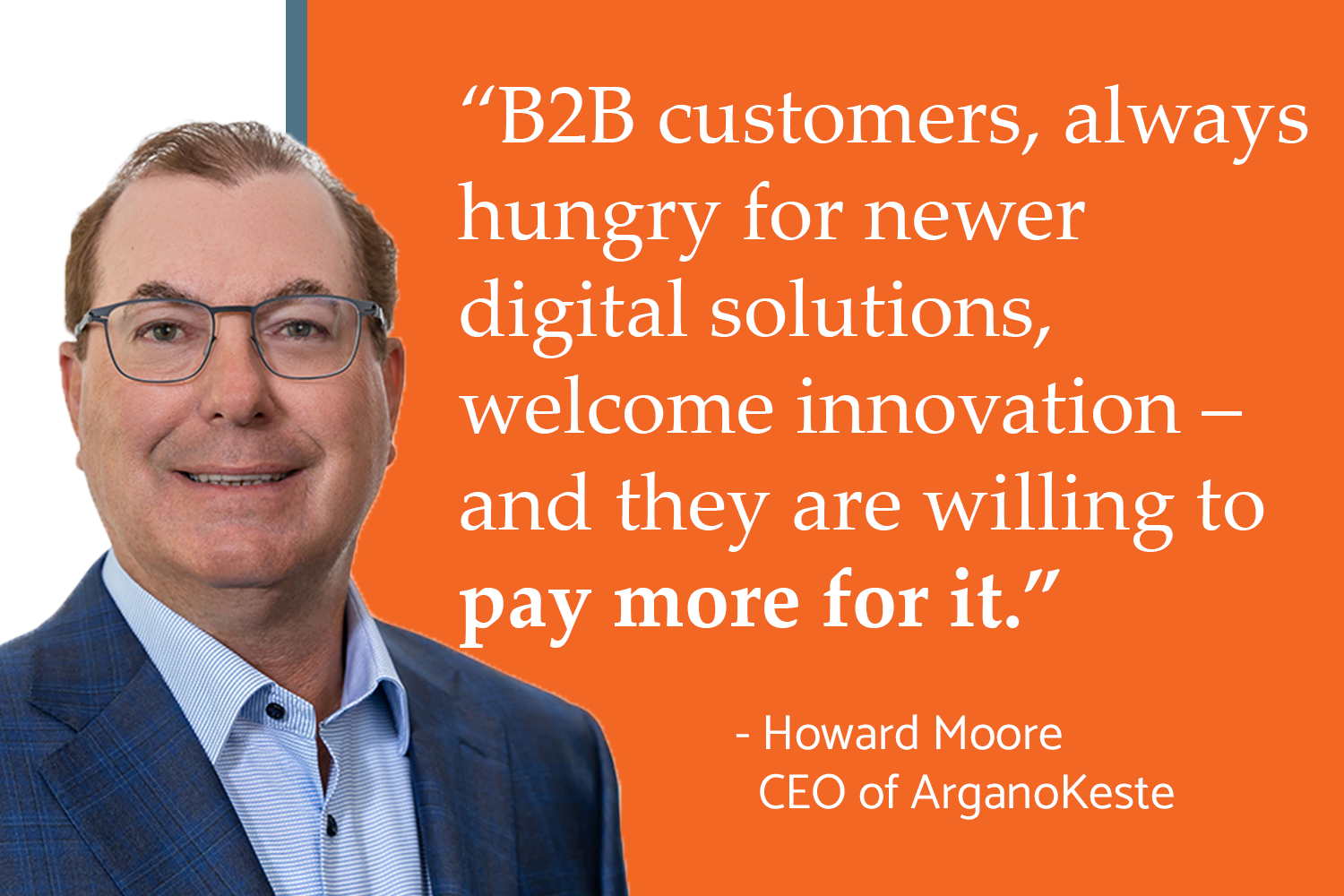AWS? Oracle? Salesforce?
SaaS? PaaS? IaaS?
DevOps? SecOps?
The world of digital transformation is daunting and complex, and determining your roadmap can be extraordinarily technical and confusing. Unfortunately, this is the nature of the current cloud landscape — there are many options for you to choose from when it comes to modernization and digital transformation.
And ready or not, the next generation of digital transformation is upon us. According to a 2017 SAP report, 84 percent of organizations think digital transformation is vital to their business success. However, only 3 percent have completed their transformation initiatives. The winds of change are beginning to look more like a hurricane, and according to these statistics, most businesses haven’t yet positioned themselves for success.
Here are a few things you need to know in order to approach your digital transformation in the best possible way.
The Rise of Citizen Developers
A key component of this new generation of digital transformation are ‘citizen developers’ — business people who understand that a successful business application is built upon their data sources, users’ needs and the business processes that power them, but who may have little to no experience with traditional coding methodologies. These no-code warriors represent a new generation of development where the app-building process is accessible by all, giving IT and business interests a platform they can both collaborate on.
Enabling these citizen developers signals the beginning of the end for full-code platforms, and the dawn of simpler, more user-friendly platforms that are geared toward business users, with User Interface (UI)/ User Experience (UX) as the driver.
The Path to Fully Digital Business Operations is Wide
This new generation of digital transformation will not be deep, because the deep needs of technology have already been solved. Rather it will be wide, addressing the need for businesses to modernize customer-facing aspects. According to an MIT study, only 23% of businesses have fully digital business operations and customer interfaces.
Four Steps to Digital Transformation Success
Understanding the need for digital transformation is different than knowing how to get started. Here are four steps to help you begin your digital transformation journey:
1. Be Imaginative.
Technology should be thought of as a solution to a business problem. In order to build a modern application collaboration between IT and the business side is key. Build a culture that shares successes across departments with the goal of inspiring all team members and start with small transformations that will result in rapid ROI.
2. Address Resource Training and Efficiency
Identify the right resources, including your citizen developers. Encourage them to build out their own solutions. If done right, citizen development can help you achieve speed and productivity on all fronts. Citizen developers can:
-
- Create business apps in days without waiting on IT
- Free up IT to handle other projects and focus on innovation
- Fix business issues that are created by a broken process or code
- Build UIs that users like
- Uncover hidden opportunities and insights in your data
- Engage the business instantly
3. Invest in the Right Platform
In the next decade, multi-cloud platforms like AWS will be the go-to solution. Business units will become self-serve and self-solve – allowing them to build their own custom solutions. Current studies show that business organizations are falling behind IT when it comes to going digital. This statistic must be addressed and reversed in your organization in order to achieve true transformation.
4. Not Tasks
The proliferation of technology processes continues and that growth is showing no signs of slowing. Companies need to follow and document their processes, and not leave employees to their own devices. For an easier transition, enterprises need to adopt a process-first approach. The technology that we see helping digital transformation for companies the most is Robotic Process Automation (RPA) — an emerging form of business process automation based on software robots and AI workers. Using RPA technology enables quick and straightforward transformation, allowing businesses to tackle operational challenges and adopt digital strategies more effectively through the use of emerging technology.
For more on how you can successfully prepare your business for a digital transformation, contact us today.









